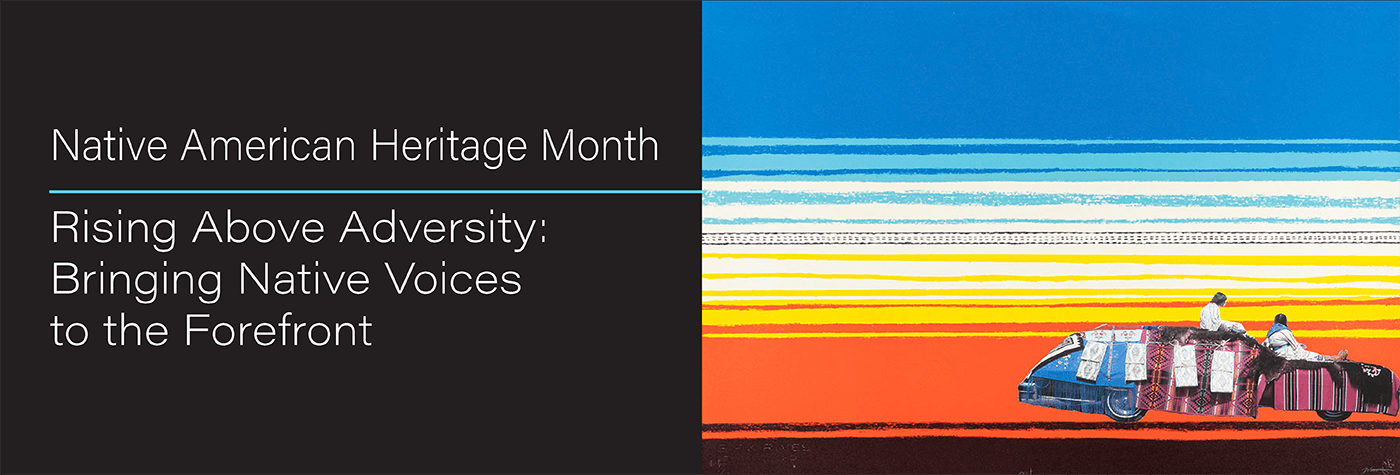Solidarity
/ sälə’derədē/ unity or agreement of feeling or action, especially among young individuals with a common interest; mutual support within a group.
Contemporary
/ kən’tempə rerē/ belonging to or occurring in the present.
Brave
/ brāv/ ready to face and endure danger or pain; showing courage.
The National Institutes of Health celebrates National Native American Heritage Month during November as part of a commitment to the principles of equity, diversity, inclusion, and accessibility in our research and workplace. During this month we pay tribute to the many contributions made by Native Americans. Our hope in the Office of Equity, Diversity, and Inclusion is to continue to acknowledge the contributions of Native Americans and work to help eliminate discrimination throughout the year.
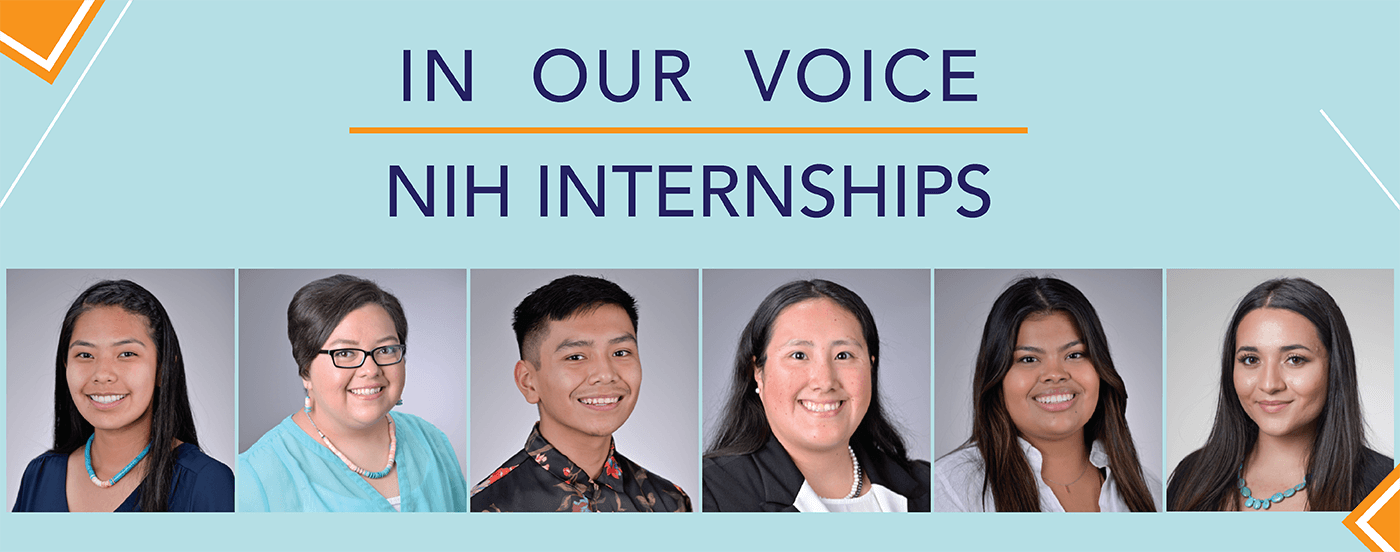
The purpose of In Our Voice is to showcase the special connection between American Indian and Alaska Native (AIAN) summer interns and the NIH Summer Internship Program (SIP). These programs at the National Institutes of Health (NIH) provide an opportunity to spend a summer working at the NIH with a diverse group of leading scientists working in biomedical research.
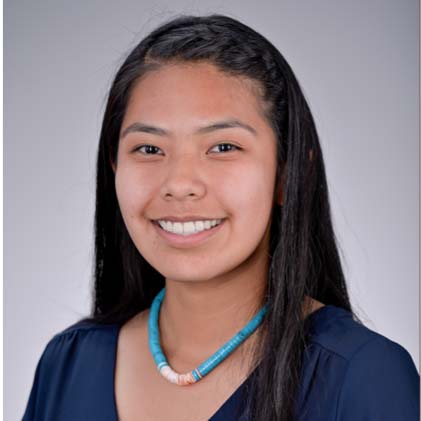
Scholar: Tawnjerae Joe
Laboratory: Laboratory on Neurobiology of Compulsive Behaviors
Mentor: Dr. Veronica Alvarez
Home Institution: Fort Lewis College, Colorado, Fourth Year Undergraduate
Tribe: Navajo
Tawnerjee Joe is a biochemistry major with a mathematics minor at Fort Lewis College. She discovered she loved science after doing independent study in a research laboratory. Her research interests include diabetes, aging, neurology, drug abuse, and addiction. The NIH piqued her interest because it is one of the top public health research facilities and several of her colleagues have attended the NIH Summer Internship Program (SIP). The diversity of the campus also inspired Ms. Joe to join the NIH research community.
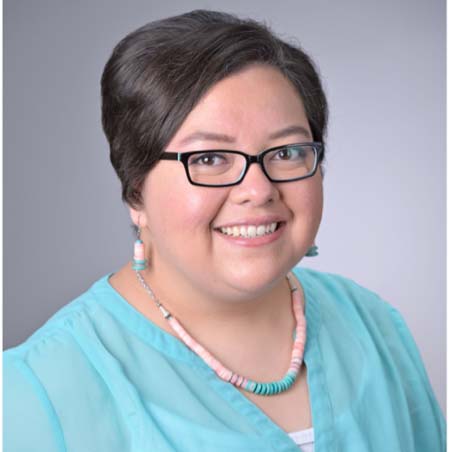
Scholar: Nicolette Brown
Laboratory: Laboratory of Cellular and Synaptic Neurophysiology
Mentor: Dr. Chris McBain
Home Institution: Montana State University, Second Year Graduate
Tribe: Northern Arapaho
Nicolette Brown is a member of the Northern Arapaho and Eastern Shoshone from the beautiful Wind River Reservation of Wyoming. Currently she resides in Bozeman, Montana, where she works as a Medical Assistant at Hatch Pediatrics and a Project Coordinator for the American Indian Alaska Native Student Support Service at Montana State University. Ms. Brown has a bachelor’s degree in cell biology/neuroscience and master’s degree in health science from Montana State University. This past summer, she was fortunate enough to be a part of the Health Disparities in Tribal Communities program with the NIH. Currently, Ms. Brown is in the process of applying to medical school. She hopes to one day serve the Native American community and bring high quality, compassionate, patient-centered health care. When she is not working, she enjoys beading, sewing, and color coding everything.
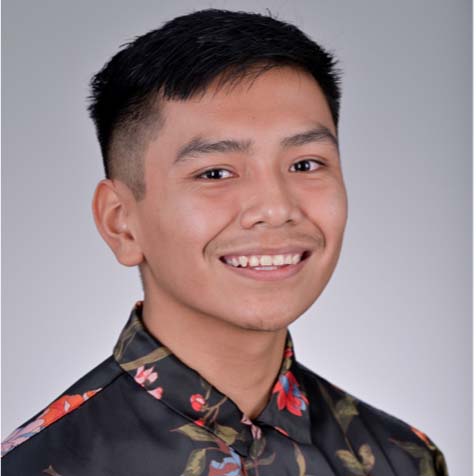
Scholar: Cole T. Dittentholer
Laboratory: Neurophysiological Pharmacology Section
Mentor: Dr. Judith Walters
Home Institution: Yakima Valley College, First Year Undergraduate
Tribe: Yakima
Cole Dittentholer is a freshman at Yakima Valley College majoring in biology. Mr. Dittentholer started at the NIH when he was a junior at White Swan High School housed on the Yakama Reservation in Washington. He was interested in the NIH Summer Internship Program (SIP) because he is attracted to the medical field. Through this internship experience, he hopes to gain more knowledge about his future career. Mr. Dittentholer’s future plans include finishing college and attending medical school.
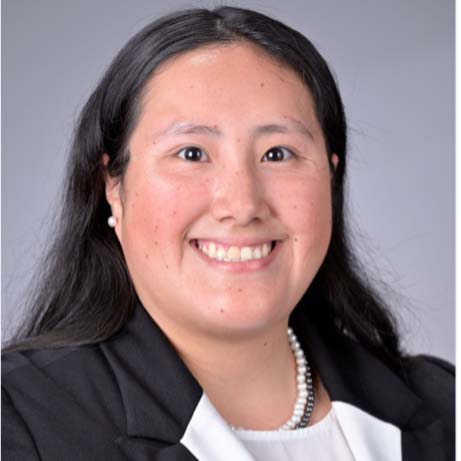
Scholar: Aracely Barajas
Laboratory: Cellular and Developmental Neurobiology Section
Mentor: Dr. Susan Wray
Home Institution: Fort Lewis College, Third Year Undergraduate
Tribe: Mexican American/Four Corners Reservation
Aracely Barajas is a junior at Fort Lewis College pursuing a major in molecular biology. Living in the rural area of the Four Corners, Aracely was encouraged to pursue research into the bacteria that have been incorporated into the water. More recently, Ms. Barajas is interested in pursuing research in the area of cancer and radiology. Her passion to help others also led her to obtain a Certified Nursing Assistant (CNA) license. Ms. Barajas’ goal is to obtain an MD and return to her hometown to serve her community.
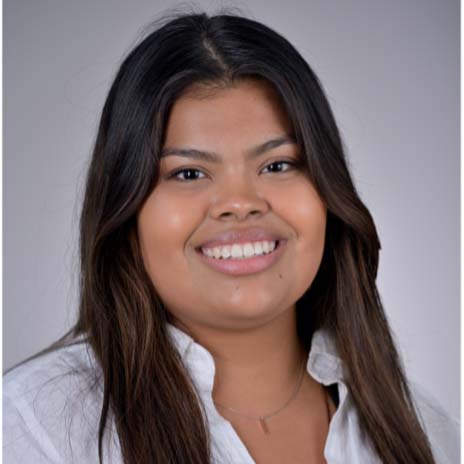
Scholar: Fatima Gomez
Laboratory: Electroencephalography Section
Mentor: Dr. Sara Inati
Home Institution: University of Washington, First Year Undergraduate
Tribe: Mexican American/Yakima Reservation
Fatima Gomez is a freshman at University of Washington pursuing a biology degree. Ms. Gomez was a student at White Swan High School when she first attended the NIH Summer Internship Program. Because her community lacks resources and education often takes the brunt, Fatima believes that for students interested in the sciences, programs like this will prepare them to tackle pre-medical college courses.
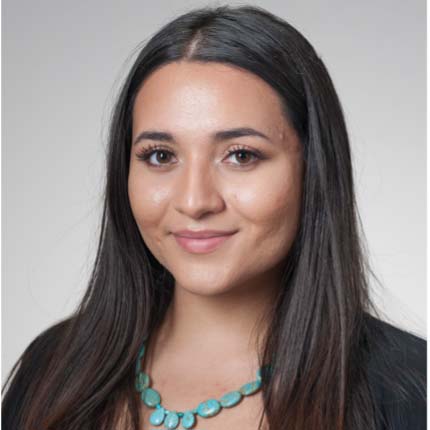
Scholar: Deionna Vigil
Laboratory: NINDS Neurology Consultation Service
Mentor: Dr. Barbara Karp and Dr. Rita Devine
Home Institution: Postbaccalaureate Student
Tribe: Nambe Pueblo
Deionna Vigil is Tewa from Nanbé Ówîngeh (Nambe Pueblo), New Mexico. In 2018 she graduated from Fort Lewis College in Durango, CO, with a Bachelor of Science in cellular and molecular biology. Currently, Vigil is a postbaccalaureate Intramural Research Training Award (IRTA) fellow in the National Institute of Neurological Disorders and Stroke (NINDS). For two summers prior to her postbac, Vigil worked with the same research group in the NINDS Summer Internship Program (SIP). Here, she does research that focuses on ensuring that American Indians and Alaska Natives (AIAN) have the opportunity to ethically enroll in clinical research studies at the NIH that are not specific to AIANs or a Native Nation. Her time at the NIH has been challenging and a great opportunity to grow professionally.





